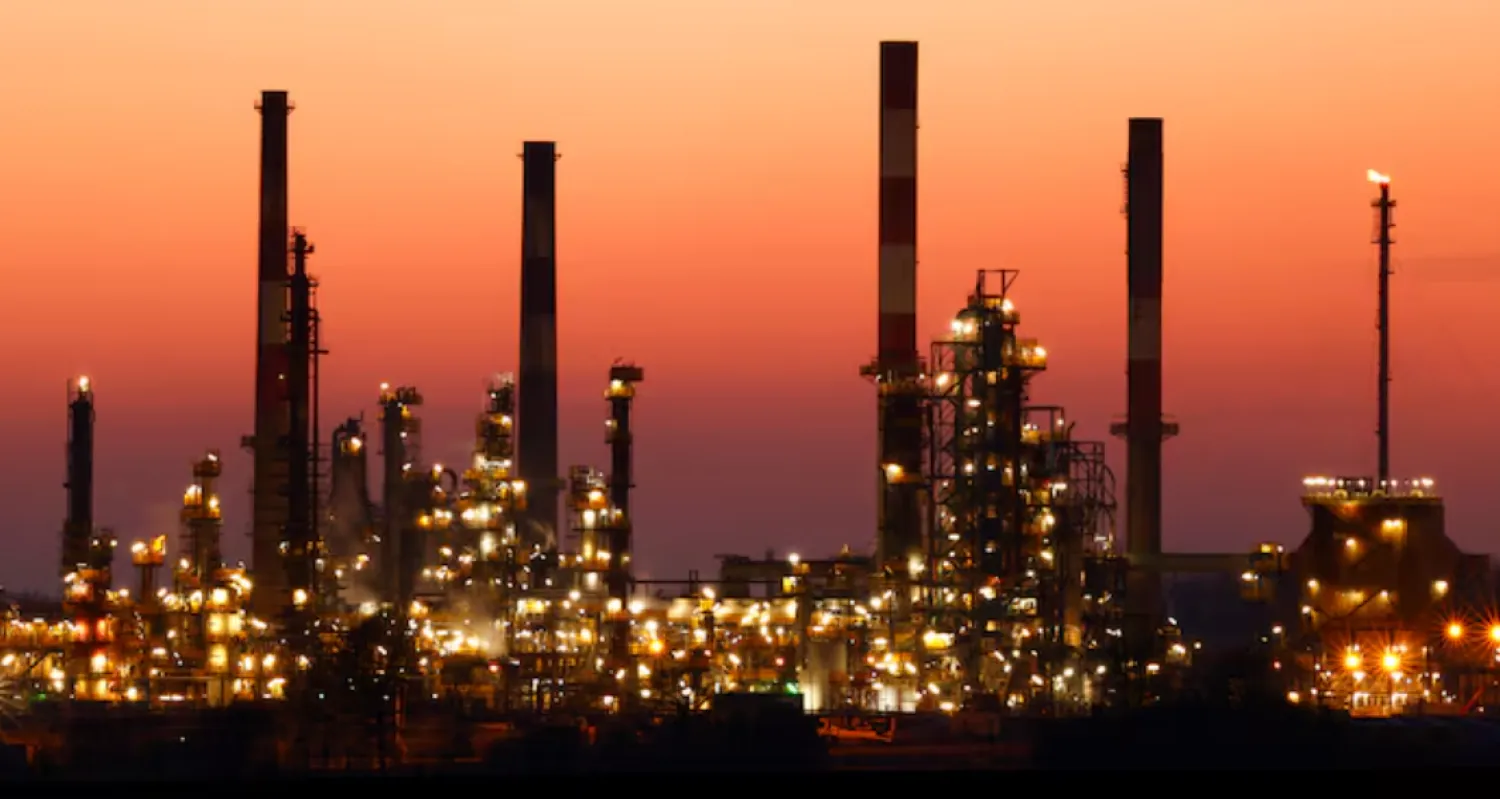Legal reforms designed to empower women in Saudi Arabia could hold the key to the nation’s economic growth and the fulfillment of Vision 2030, the Saudi ministry of justice said on Thursday, renewing calls for young people of both genders to follow the law as a career.
“Despite significant progress in the granting of licenses for law practices, we still want to see more of trained legal professionals,” said the ministry.
The Ministry of Justice has been at the forefront of a national effort to introduce regulatory and legal elements that empower Saudi women and pointed to several initiatives that have taken root across the country, including many at the ministry itself, which has sought to increase the number of female law professionals.
Practice licenses granted to female lawyers in Saudi Arabia have more than tripled in the past two years. In May this year, the ministry announced that the total number of lawyers registered in Saudi Arabia had reached 6,270, including 487 female lawyers. As of that time, the ministry had already issued 774 licenses for legal practices in the current year, 619 for male lawyers and 155 for female lawyers.
“When you look at those figures, you will see a growing percentage; 20% of the licenses granted in 2019 were for women. We think that is great news because it shows that our message is getting through and our efforts are paying off,” said the ministry.
The ministry also noted that legal professionals were integral to business operations, supporting the creation of start-ups, the arbitration of disputes, M&A processes and many other day-to-day functions that allow markets to expand and evolve.
In other efforts to ensure more female citizens enter the legal profession, in July the ministry announced women would be able to apply for government notary posts. The availability of Grade-7 notary-public vacancies for women is considered a breakthrough move by the ministry and it will support efforts to boost female employment within the legal sector.
“When we account for all the courts throughout the Kingdom – specialized, labor, family and so on – across every jurisdiction, we want to see more lawyers serve the growing number of companies and other organizations that may need their help,” the ministry explained.
“And to increase the number of lawyers, we must turn to young people of both genders to consider law as a career path.”
“Our ability to fulfill our promise in empowering women and creating more work opportunities in the legal sector will help us achieve a number of the ministry’s NTP 2020 objectives.” added the ministry.
“The women of Saudi Arabia have always been an integral and valued part of our communities, but now we call on them to increase their presence in the workplace, to start businesses, to become diplomats, scholars and lawyers and legal practitioners. Their contribution may very well hold the key to the economic growth we seek.”









